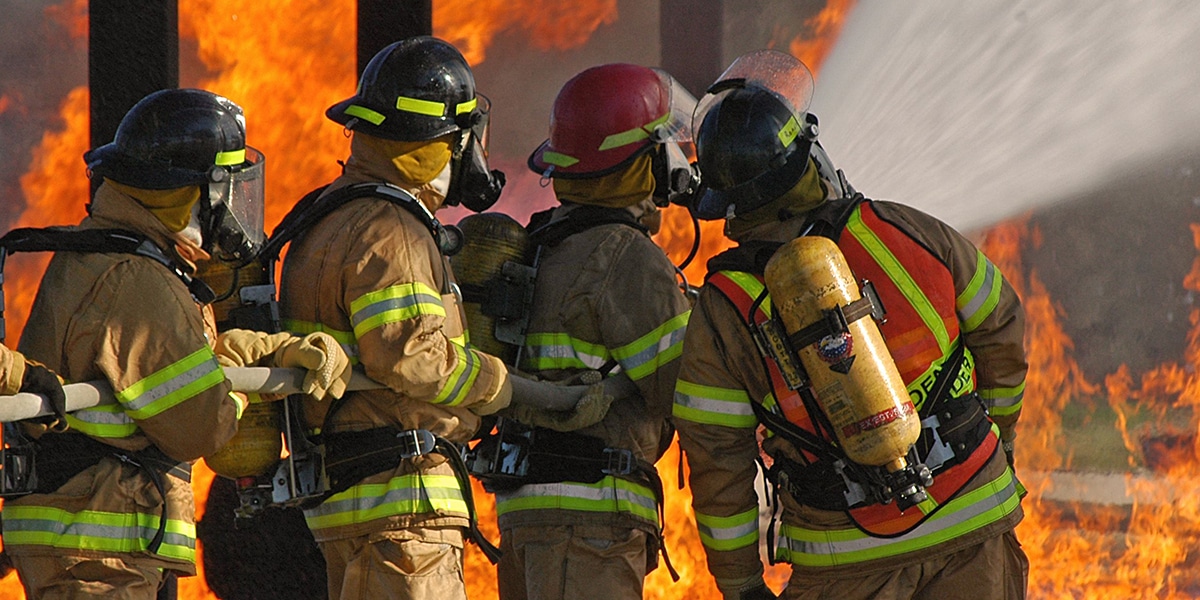May 4th is International Firefighters Day, where we honor firefighters across the world for their service, courage and selflessness. Firefighters are constantly risking their lives to save the lives of others. Unfortunately, studies have shown that in addition to the risks faced at work, firefighters may also face a higher risk of skin cancer.
According to a study conducted by researchers at the Sylvester Cancer Center of the University of Miami, firefighters in Florida have higher than normal rates of skin cancer.¹ Through their research, it was found that the rate of melanoma, a serious form of skin cancer, among firefighters was 70 times more than that of the general population of Florida. It was also found that firefighters were diagnosed with skin cancer at younger ages than usual – the average age to be diagnosed with melanoma was 42 years old for firefighters compared to 64 years old for the general US population.
The study suggests that possible reasons for this may be due to exposure to hazardous chemicals on the job, as well as increased UV exposure when firefighters respond to daytime emergencies. However, more studies still need to be conducted to understand the increased skin cancer risk among firefighters and the exact causes.While the evidence for skin cancer risk factors for firefighters is still growing, the evidence of UV rays being a major cause of skin cancer is well established. For the general public, it’s important to stay safe in the sun, such as by applying a broad-spectrum sunscreen with an SPF of at least 30, as well as other forms of sun protection like sun-protective clothing and sunglasses. To stay safe in the sun, you can also use the free sun safety app, Sun Index. Available for iOS and Android, the app gives tailored sun safety recommendations, like how long you can stay out in the sun before getting a sunburn.
- Moore, K.J., et al. (2017) Firefighter Skin Cancer and Sun Protection Practices: Evidence From the Florida Firefighter Cancer Initiative. Jama Dermatology. 154(2): 219-221. Retrieved on April 24th, 2018



